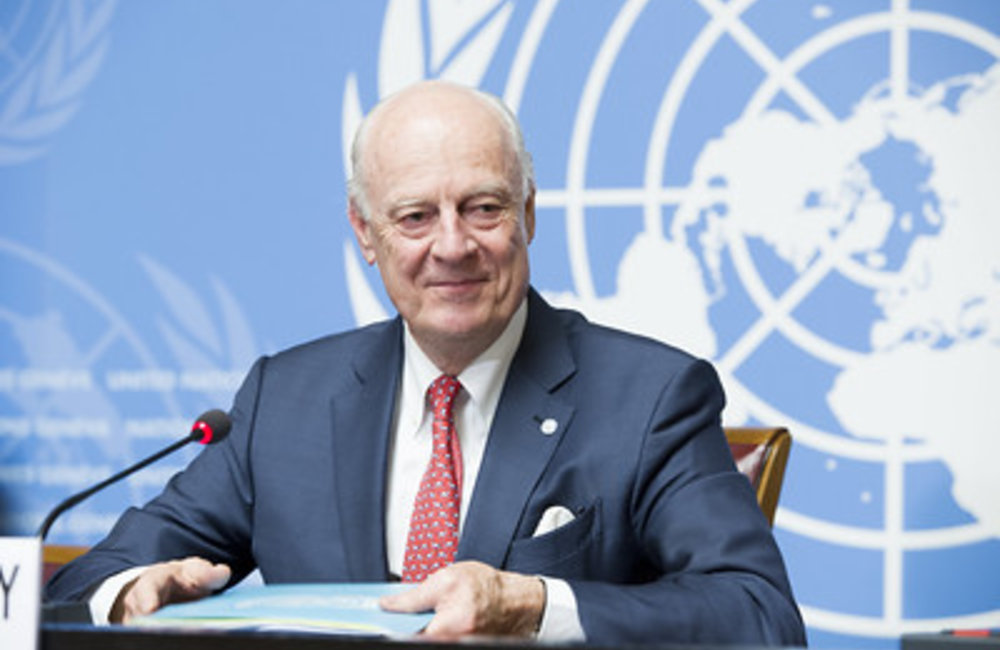
The United Nations Security Council held a closed-door meeting on Monday on the situation in the Sahara, amid growing support for a settlement consistent with Morocco’s national sovereignty.
The Security Council meeting featured a highly anticipated intervention by the UN Secretary-General’s personal envoy Staffan de Mistura, urging Council members to capitalise on the current momentum toward a political resolution, which he described as “unprecedented diplomatic momentum” toward regional de-escalation and a definitive end to the conflict.
In his briefing, de Mistura emphasized that the next three months constitute a strategic window to “produce a regional de-escalation and, separately, a revitalised roadmap toward resolving the Sahara conflict.”
This speech comes amid growing diplomatic realignments in favour of the autonomy solution proposed by Morocco, which is considered serious, credible and realistic by many capitals around the world.
The Trump administration’s recognition of Morocco’s sovereignty over its Sahara in 2020 marked a major turning point in this matter.
This US position was recently reaffirmed by Secretary of State Marco Rubio during his meeting in Rabat with Moroccan Foreign Minister Nasser Bourita.
The US official emphasised the continuity of US policy, which considers the Sahara an integral part of Moroccan territory, within the framework of autonomy under national
sovereignty.
Rubio’s statement dispelled doubts about the Trump administration’s position regarding Washington’s continued commitment to recognizing Moroccan sovereignty over the Sahara.
De Mistura also discussed the recent visit of French Foreign Minister Jean-Noel Barrot to Algeria.
The visit aimed to defuse tensions sparked by statements by President Emmanuel Macron, who had spoken in favour of autonomy under Moroccan sovereignty, describing this option as a pragmatic and stabilising solution.
However, tensions have resurfaced since this visit, highlighting the resistance of certain regional actors to the evolving international consensus.
On the institutional level, MINURSO, present in the region since 1991, remains active despite a mandate that is increasingly being questioned due to geopolitical developments.
Faced with the impasse of the unrealistic referendum, the international community now appears to be gradually aligning itself with the option of a political solution based on autonomy, as evidenced by the growing support expressed within the Security Council.
As Morocco continues its strategic investments and the development of the southern provinces, particularly through infrastructure, industrialisation and regional integration projects, Rabat’s approach is gaining ground.
The Kingdom, with its strong African roots and its key partnerships, increasingly appears to be a player in stability and an essential partner for lasting peace in the Maghreb.
In this context, observers note that the UN, under the leadership of de Mistura, now seems willing to recognize the shift in the diplomatic balance of power, in favour of a settlement consistent with Morocco’s national sovereignty.

